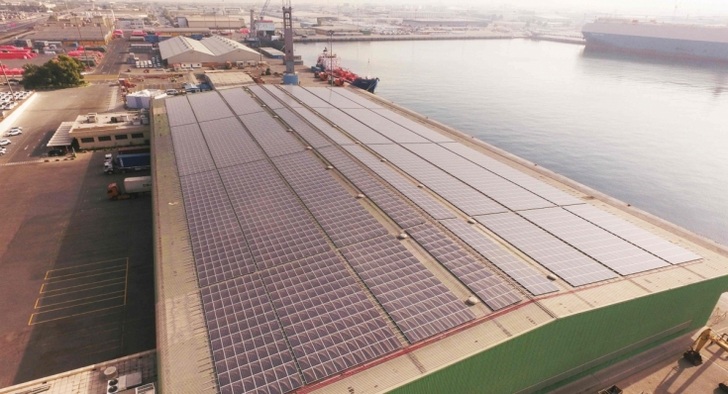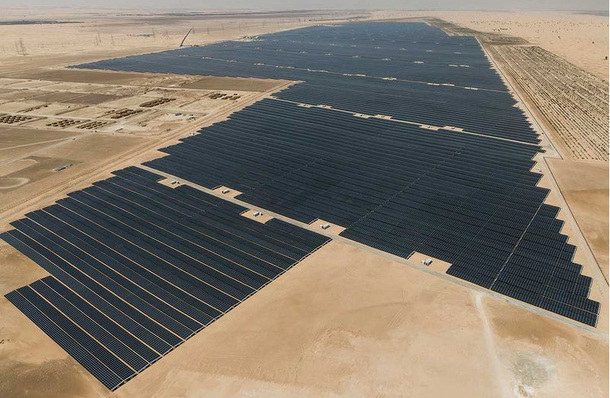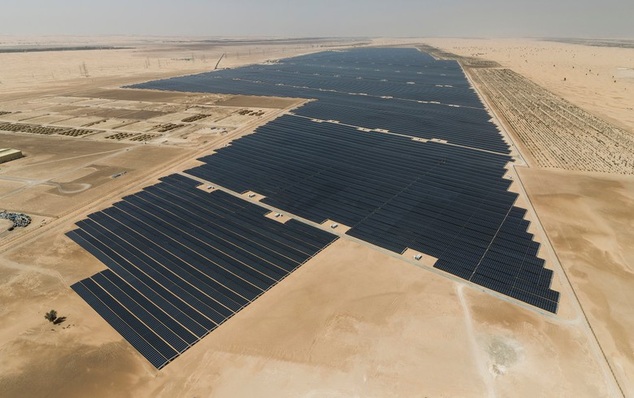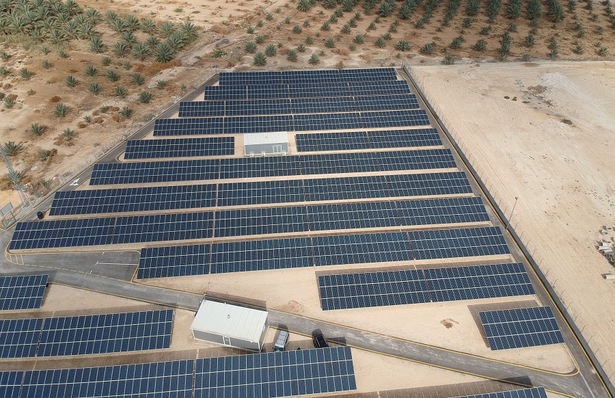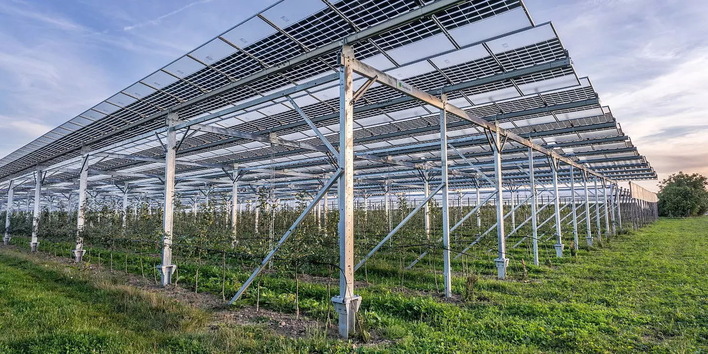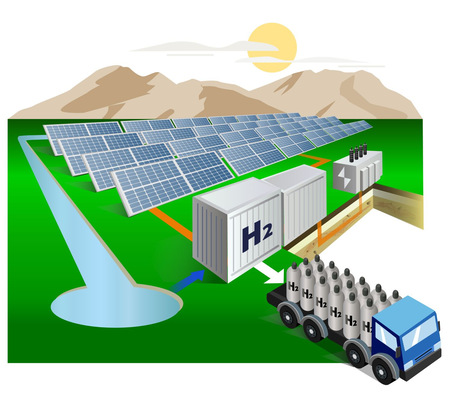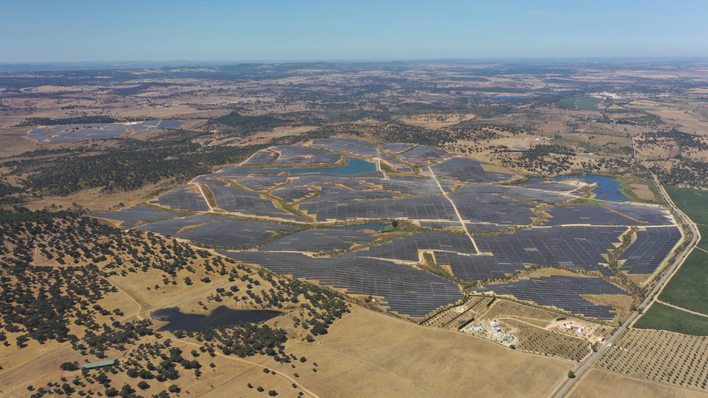“Led by Abu Dhabi, Dubai and Saudi Arabia, solar and wind energy capacity is ramping up in the Middle East as governments seek to deliver ambitious renewable energy targets. The completion of the first utility-scale renewable projects across the Gulf Corporation Council (GCC) has increased confidence among procurers, developers and project finance providers in the region, resulting in a significant reduction in the costs of financing and of engineering, procurement and construction (EPC) services, among others.
Overcome structural, regulatory and technical obstacles
As renewables enter the mainstream in the region, governments must overcome several structural, regulatory and technical obstacles. One important challenge for everyone pushing for rapid migration to renewables is regulation. Good regulation prevents chaotic disruption and ensures safety and security. It is, by design, conservative. But policy and regulatory reform cannot move as speedily as technological innovation, and it can be unpredictable.
Establishing new commercially-attractive business models
Merging renewable energy, primarily photovoltaic (PV) solar power, into the region’s power grids requires major adjustments in policies and new regulations. This includes having to ensure grid flexibility and stability, enabling the integration of new technologies ranging from battery-storage to electric vehicles and establishing new commercially-attractive business models.
“Proponents of renewables in the Middle East must push hard for regulatory and policy reforms that will support their goals, but they also must proceed in the knowledge that some things might just take a little longer to deliver than they would like.” (HCN)


